Asphalt is a mixture of sand, rock, tar and bitumen. This versatile material is used for everything from playgrounds to highways to driveways to parking lots, and with good reason. It’s strong enough to endure the weight of cars and trucks, yet flexible enough to hold up under a variety of weather conditions, and durable enough to last for many years. But asphalt surfaces only last if they’re properly maintained and protected. Fortunately, that requires following just a few basic steps on a regular basis.
- Cleaning: Your asphalt pavement should be kept clean. You can do this by simply sweeping the surface and making sure that any damaging fluids – such as oil or anti-freeze leaked from vehicles, for example – is removed promptly. If your space is small, a broom may work. For larger areas, such as a parking lot, you may want to use a blower and/or a pressure washer.
- Repairs: Make sure to repair cracks and potholes as soon as possible to prevent further damage from occurring. Even small cracks can allow water to seep through the asphalt surface, resulting in more damage to the pavement. If your asphalt surface is small – such as a residential path or driveway, for example – you might be able to repair small cracks yourself with a crack filler available at any home improvement store. But for larger paved surfaces, you should always contact a professional asphalt company to ensure that cracks and potholes are repaired adequately.
- Even out depressions: Asphalt does, on occasion, form depressions in the surface. These areas can collect water and other fluids, which will severely damage the asphalt if not repaired quickly. Contact an asphalt repair company to even out these depressions and restore the asphalt to an even surface.
- Protect the surface with seal coating: Regular applications of seal coating will prevent your asphalt surface from damage caused by hot sun, cold temperatures, water damage, and the stress from heavy vehicle traffic. Not only does seal coating make the asphalt look new, it also extends the lifespan of the surface, which could be a huge cost savings for you.
- Resurfacing, if necessary: If your asphalt is damaged beyond what normal repair procedures can fix, it may need resurfacing. Also referred to as an “overlay,” resurfacing involves applying an additional layer of asphalt over the existing surface. While resurfacing doesn’t work in every situation, it is less costly that replacing the asphalt altogether.
With all the benefits asphalt offers, it’s no wonder that asphalt surfaces are found just about everywhere. With consistent care and maintenance, your asphalt surface should last for many, many years to come.
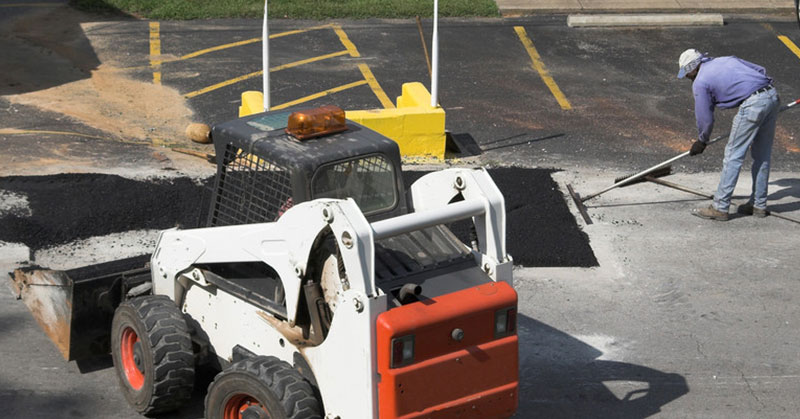
 There’s no denying the many benefits inherent to asphalt paving, including cost-effectiveness, durability, comfort, noise reduction, and sustainability, just to name a few. However, your asphalt parking lot is not immune to wear and tear, and if you live in a region with extreme weather conditions in the summer or winter (or both), or your parking lot gets a high volume of traffic on a daily basis, you could eventually start to see wear and tear.
There’s no denying the many benefits inherent to asphalt paving, including cost-effectiveness, durability, comfort, noise reduction, and sustainability, just to name a few. However, your asphalt parking lot is not immune to wear and tear, and if you live in a region with extreme weather conditions in the summer or winter (or both), or your parking lot gets a high volume of traffic on a daily basis, you could eventually start to see wear and tear.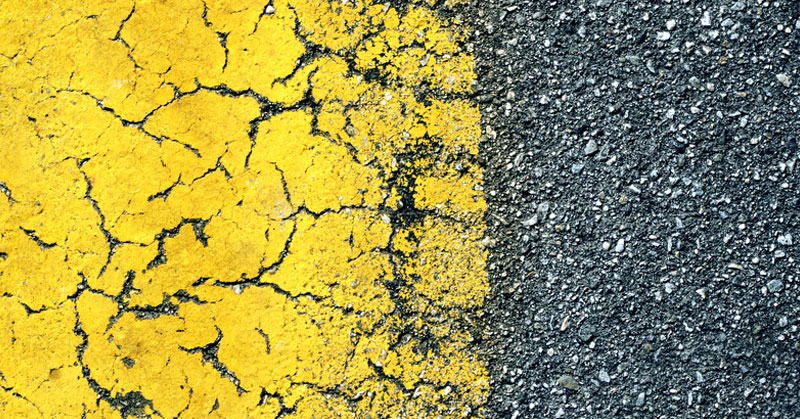
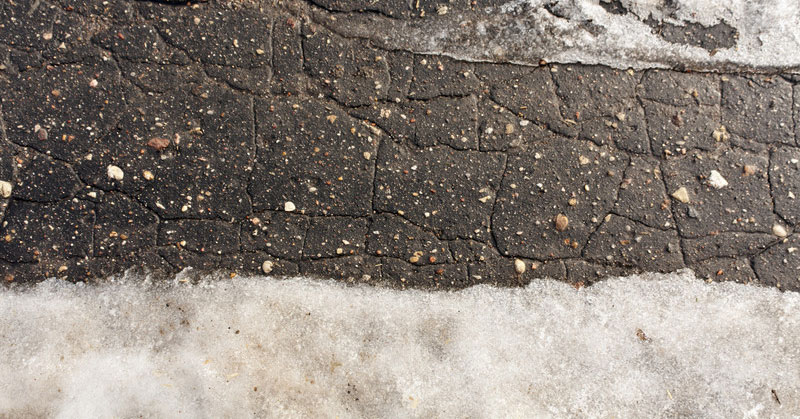


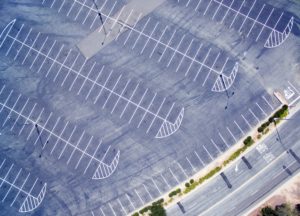
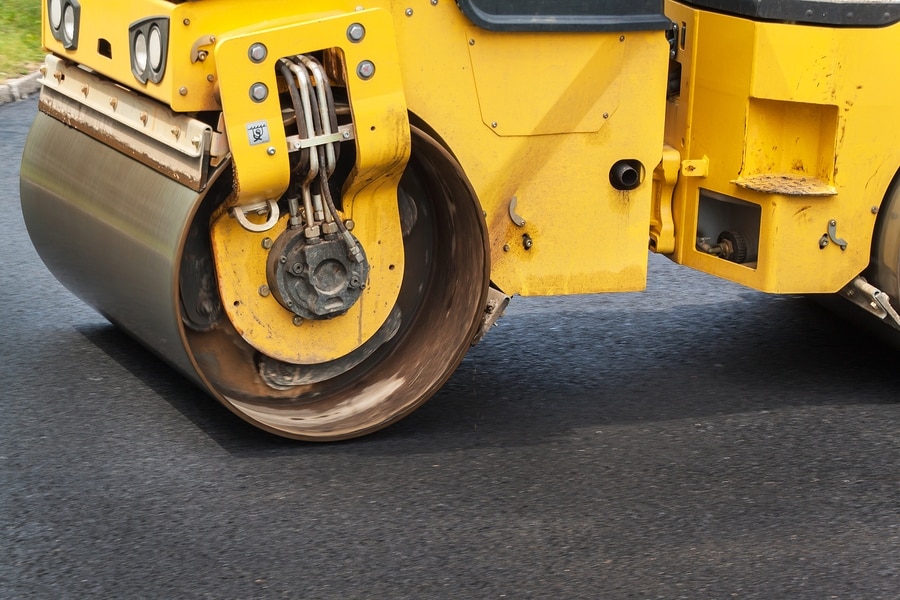
 There’s no better time to add much-needed curb appeal than during the summer. Sprucing up your home’s exterior will increase your home’s value and appeal to potential buyers. Here are some easy summer upgrades to complete before the cold chill of fall and winter arrives.
There’s no better time to add much-needed curb appeal than during the summer. Sprucing up your home’s exterior will increase your home’s value and appeal to potential buyers. Here are some easy summer upgrades to complete before the cold chill of fall and winter arrives.